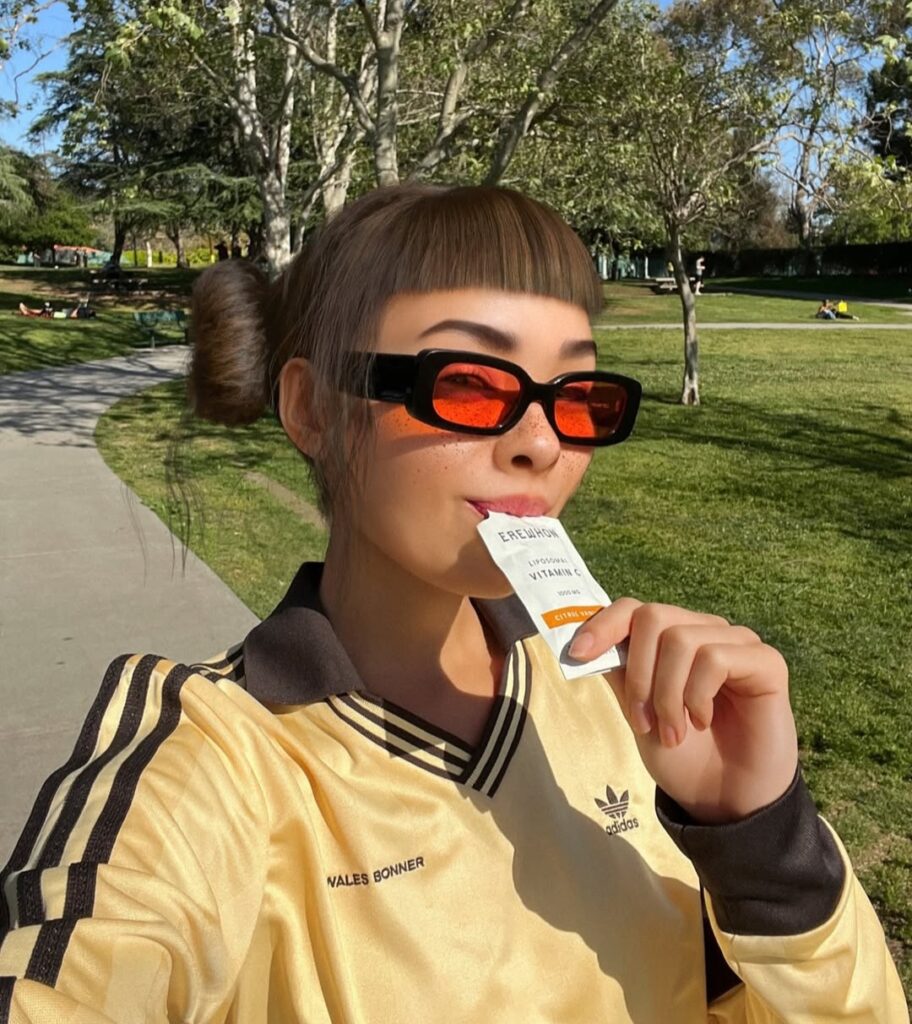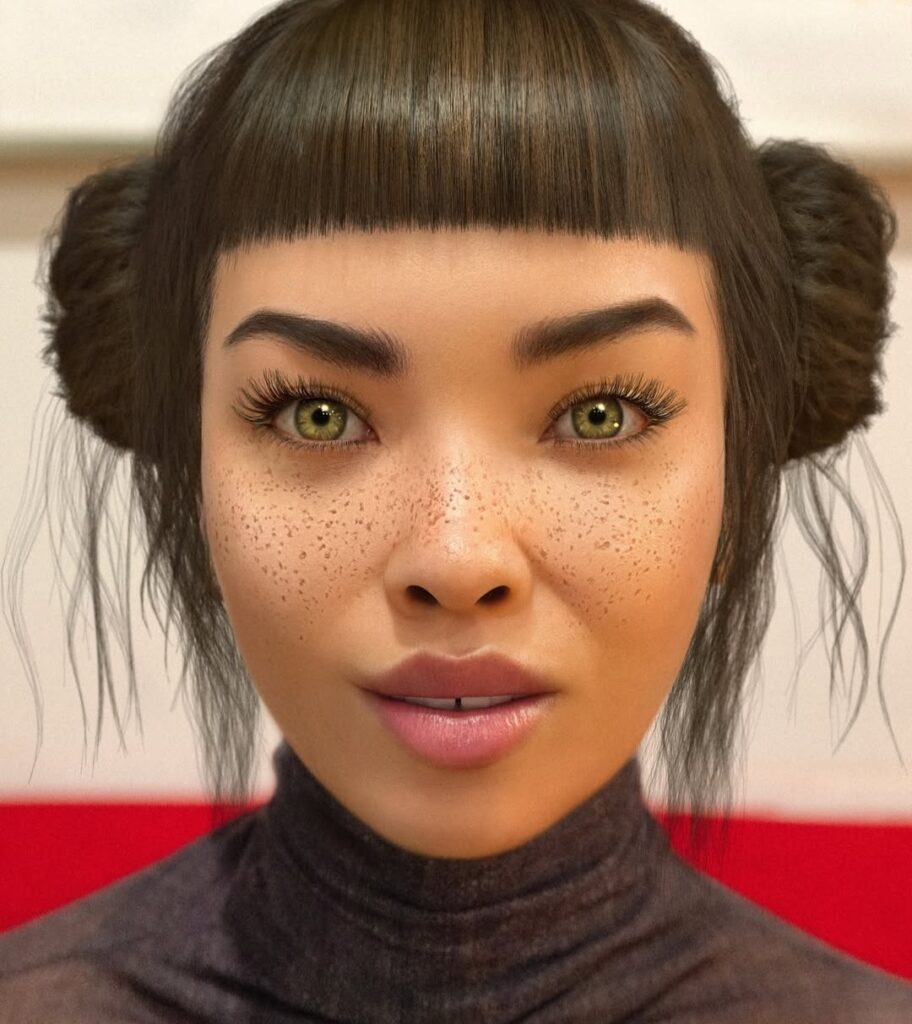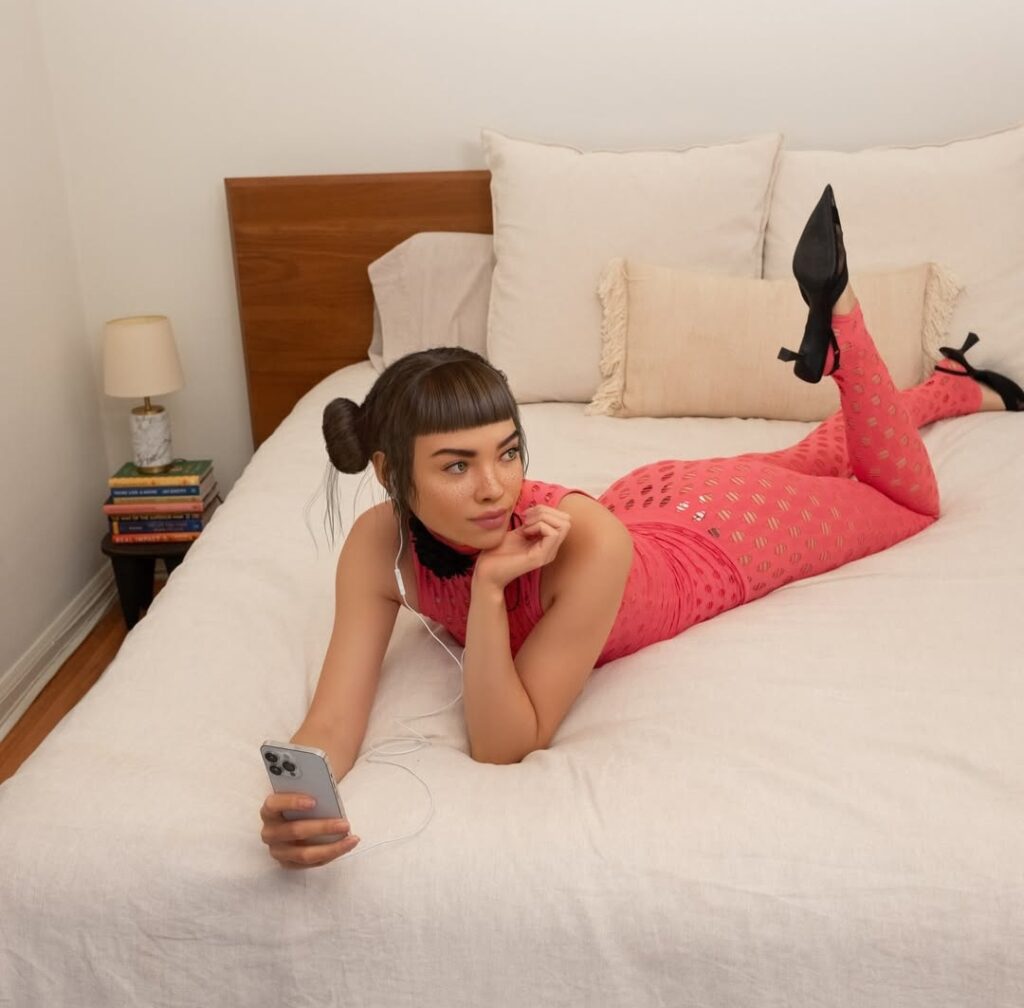In this Article, you will discover what an AI Influencer is, key characteristics, working, benefits, pros, cons, future and their impact on social media marketing. Explore the future of virtual influencers powered by artificial intelligence.
Introduction – What is an AI Influencer?
An AI Influencer is a computer-generated virtual persona that mimics a human social media influencer’s behavior, appearance, and communication style. These Digital Characters are powered by technologies such as Artificial Intelligence (AI), Machine Learning (ML), Natural Language Processing (NLP), and Computer-Generated Imagery (CGI). Their main role is to engage audiences for Brands, on platforms like Instagram, TikTok, YouTube, and others, just like traditional influencers do — but AI Influencers perform all these tasks without being real People/Humans.
Key Characteristics of AI Influencers
Digitally Created
Creators design these influencers entirely using 3D modeling, animation software, and visual effects. Their looks, outfits, and even environments are crafted by the designers.
AI-Powered Behavior
AI algorithms determine how they interact with followers, post content, respond to comments, and even evolve their personalities over time.
Brand Collaborations
AI influencers can endorse products, promote campaigns, attend virtual events, and more, just like human influencers do. Major brands such as Prada, Samsung, and Dior have collaborated with AI influencers.
Scripted Yet Autonomous
A team scripts and curates their posts and behaviors, while many AI influencers use AI to simulate real-time engagement and learn from past interactions.
How AI Influencers Work
Various technological and creative elements collaborate to build and manage AI influencers –
Visual Design (CGI & 3D Modeling)
Designers create hyper-realistic avatars with human-like features, movements, and expressions with the help of 3D software. They detail the model according to their requirements and skills, from a cartoonish look to a real human look model.
Machine Learning Algorithms
First of all, AI models study human influencers’ behaviors, audience preferences, trending hashtags, and emotional cues. After that, they mimic real interactions with the followers.
NLP & Chatbots
AI influencers can be integrated with chatbot frameworks or advanced NLP models (like GPT) to interact with followers, answer questions, and hold conversations.
Where Do AI Influencers Appear?
AI influencers are mostly active on Instagram for the branding of fashion, lifestyle, beauty, and travel. They can also be found on TikTok for dance, lip-sync, short stories, and meme content. You can also see on YouTube for vlogging, music videos, tutorials, and branded content. In Metaverse/VR Spaces, some are transitioning into immersive virtual platforms.
Benefits of AI Influencers
Full Creative Control
Developers can ensure no off-brand behavior or controversial actions.
Scalable Content Creation
AI has the ability to create content at any time of the day or night, and it can do this in many different languages, making it useful for a global audience.
Global Reach of AI Influencer
Creators can customize AI Influencers to match different cultures and appeal to various demographics.
Lower Long-Term Costs
By using AI Influencers, Brands can save a lot of expenses, such as salaries, travel costs, and they can also avoid physical limitations.
Data-Driven Optimization
AI allows for precise tracking and improvement of engagement metrics.
Challenges and Concerns about AI Influencers
Lack of Authenticity
Audiences may feel less emotionally connected to a non-human because an AI Influencer can be modified according to the brand’s needs. So, a normal user can not trust blindly in an AI Influencer.
Transparency
Not all AI Influencers disclose that they’re virtual, which can be a reason for potential trust issues for the users.
Ethical Dilemmas
AI Influencers can replace real human influencers and take away their jobs and opportunities.
Representation Bias
If experts do not create these influencers properly, they can appear unrealistic. You may see unrealistic things in them, such as expressions, body language, and body parts, etc.
Famous AI Influencers
Lil Miquela
Brud created the Lil Miquela AI model. Dapper Labs has now acquired the Lil Miquela AI model from Brud. This AI Model was Created in 2016. Miquela’s Instagram Account was created in April 2016 and verified with the Instagram Blue Tick Verification badge in February 2017. They have 1380 Posts on their account, 2.4 Million Followers, and 2066 Followings as of 16 June 2025.
Lil Miquela AI Model promotes fashion brands, music, clothing brands, and beauty products in the role of AI Influencer. This AI Model is based in Los Angeles, California (United States).
Here are some images of Lil Miquela AI Model / Influencer –



We picked these images from the official Instagram account of Lil Miquela – @lilmiquela
If you want to read about the AI Model, then click me!
The Future of AI Influencers
Advancements in AI and digital art tools are making AI influencers more lifelike, interactive, and widespread. We’re likely to see
- AI Influencers in the metaverse are acting as guides, hosts, or friends.
- Voice-activated AI Influencers interacting with fans in real time.
- Hybrid Influencers — real people enhanced with AI personas or virtual extensions.
Conclusion
AI Influencers are redefining the world of digital marketing and content creation. They combine the artistry of digital design with the precision of artificial intelligence to offer an entirely new form of influence. While they raise valid concerns about authenticity and ethics, their creative potential and business utility are undeniable.
In a world driven by visual content, automation, and personalization, AI Influencers are not just a passing trend — they represent the future of influence.
Please comment on your thoughts about AI and AI Influencers, and also tell us about the cons of AI.
